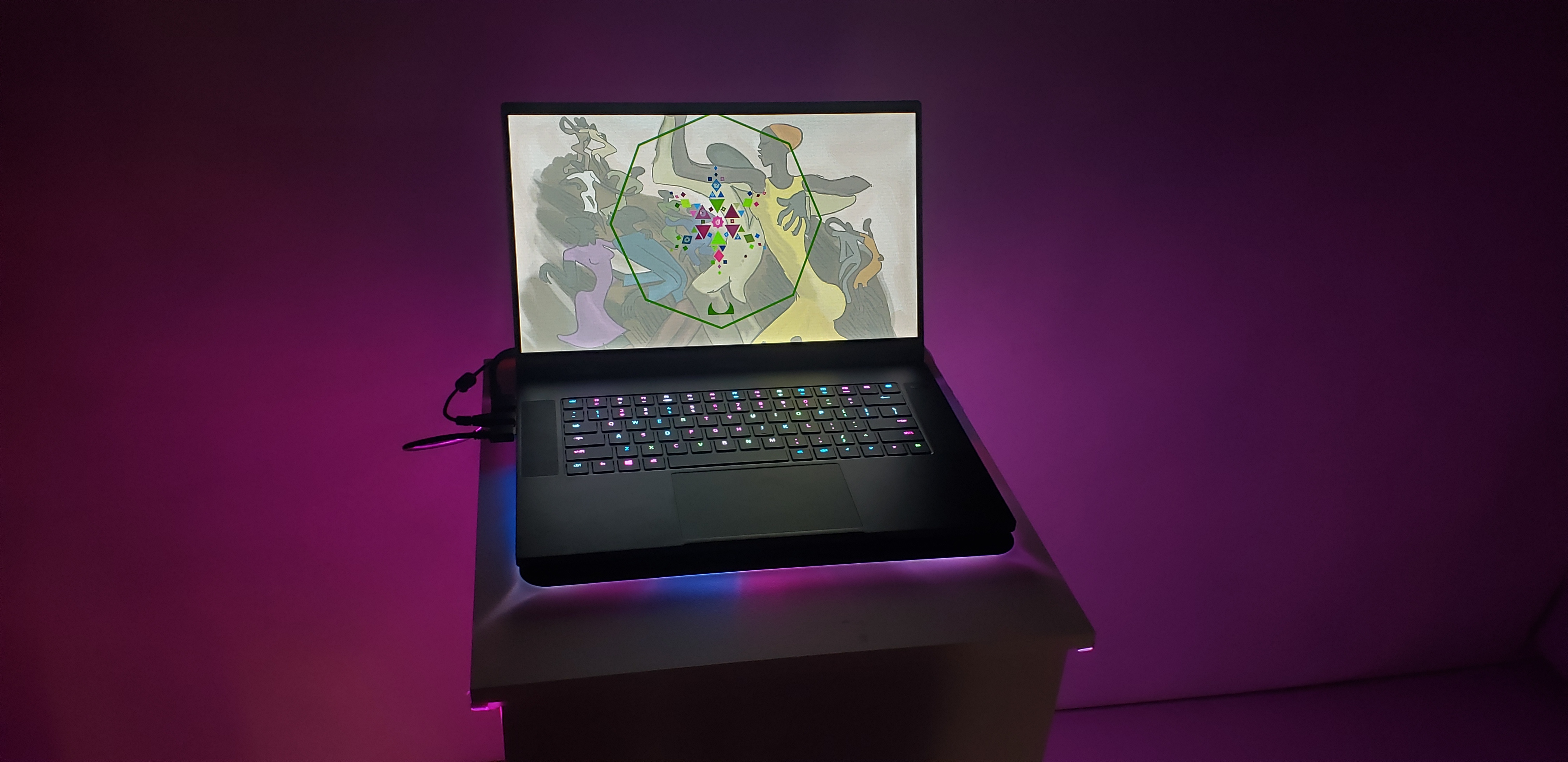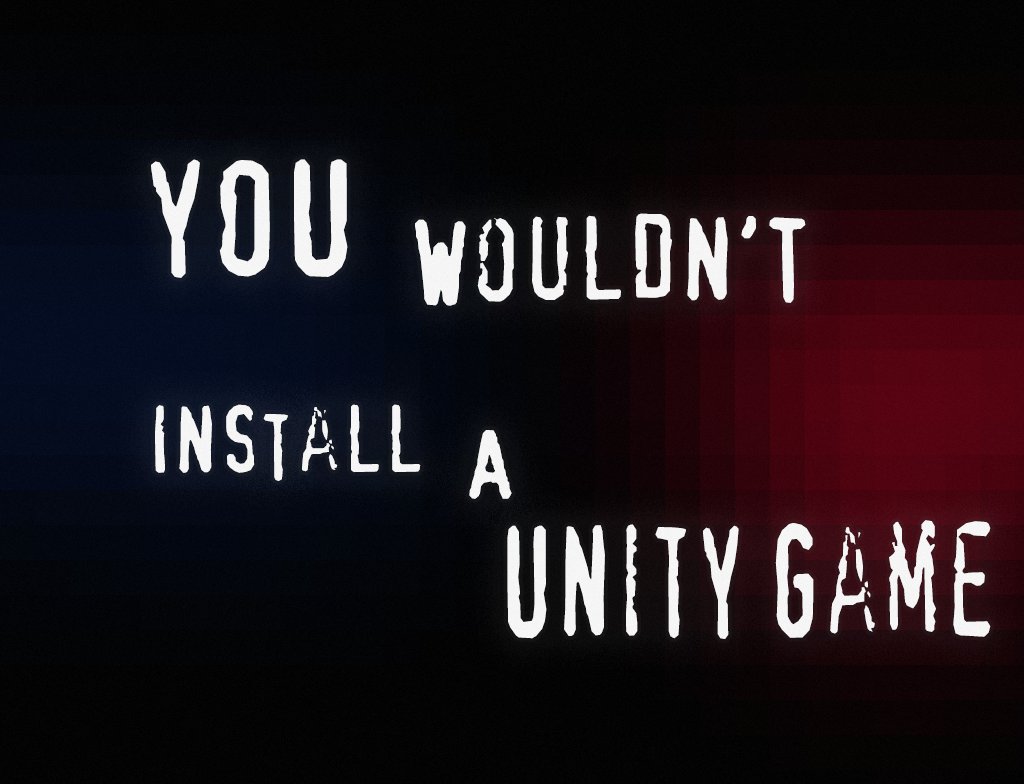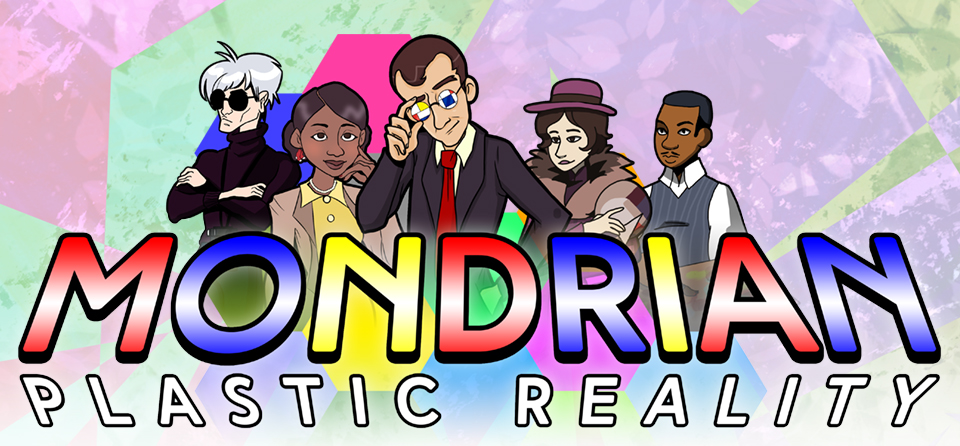The Division of Unity

Oh Unity. How revered you once were. How we praised your democratization of game development, and smiled in wonder as you opened up avenues for game developers, big and small, to fulfill their dreams without needing millions of dollars to license third party middleware. To watch Unity projects grow, from the early days of Max & The Magic Maker and Thomas Was Alone; to the "era of legitimacy" with Deus Ex: The Fall, Ori and the Blind Forest, and Pokémon Go; to modern genre and technology-defining titles like Escape from Tarkov and Beat Saber, has been a journey. But all journeys must reach an inevitable destination, and in Unity's case, that destination appears to be the success of independent game developers. How dare we, right?
For the last four days, the game industry as a whole has been in turmoil over Unity's recent decision to change their Terms of Service without warning, remove an entire subscription tier that appealed to lower-but-some-budget independent developers, and attempt to charge developers $0.20 PER INSTALL of a game. Not per sale, per INSTALL, which opens up all kinds of questions about privacy, piracy, and honesty. Penny Arcade, as usual, pretty much put it best.

Now I have already been asked if Mondrian was built in Unity, and to that I can thankfully say: NO! Both Mondrian - Abstraction in Beauty and Plastic Reality were built in Clickteam Fusion Developer (2.5 and 2.5+ respectively). Even if the Mondrian series were built in Unity, I would tell them to pound sand. The fact that they went ahead and deleted their entire GitHub repo that tracked changes to their Terms of Service speaks volumes of how much they knew these changes wouldn't go over well. Furthermore, they removed a part of their TOS that lets developers use the TOS they agreed to from the version of the engine with which their game shipped. If I haven't clicked "agree" on an altered Terms of Service, I haven't agreed to it, and I'm under no legal obligation to click agree, ESPECIALLY once my game is out. It may make sense from a monetary perspective to agree to the new terms if I still have a game in-development using Unity, but I think every developer's first priority should be to RE-budget their games and find out if it will be cheaper to rebuild it in a different engine, like Godot, Unreal, Crytek, Hazel, GameMaker, or even Clickteam Fusion 2.5+. Chances are - depending on the project - between the raised subscription costs and the upcoming install fees, rebuilding the backend could end up being cheaper in the long-run.
Admittedly I had been tempted to rebuild Mondrian in a more portable platform, and Unity was the obvious choice. Thankfully, no work ever started on that front, and Mondrian will remain in Clickteam Fusion. The game has actually had a pretty big influence on the engine, from the dynamic generation working so quickly that the same level would load repeatedly, forcing Clickteam to push an update to start ticking the backend in microseconds instead of milliseconds; to another update that fixed Steam Workshop upload encryption; and even working alongside Razer to create the engine's first Chroma RGB extension. For such an obscure title, it's crazy the amount of technology and cooperation it's inspired. I think we might have achieved the same results in Unity, but we would have felt MUCH more alone in the process.

That loneliness is a huge factor in where the industry is now. The Clickteam Fusion community is very small, and everyone knows everyone else at least peripherally. The Unity community used to be like this way back in the day, a bunch of ragtag indies just experimenting with games and tech. Now it's vast and disparate, meaning while there's a lot of noise from individuals, the collective strength is not as strong. Even the recent news of 19 developers shutting off their ads is just a drop in the bucket as far as Unity is concerned. As the days pass by, I feel less hope that Unity will reverse course. Developers' arguments have fallen on deaf ears. Employees are leaving the company, not even with two weeks' notice but just packing up their stuff and walking out. Major titles, like Cult of the Lamb, are going to be pulled from market before the changes take effect on January 1, and I guarantee they're not alone. If Unity was still a community-focused company, rather than a shareholder-focused company, they would never have put themselves in this position.
Look, I've been in this business for over a decade. I understand the need to make money. But I also understand the need to spend money wisely. Acquisitions like ironSource - a digital ad agency with a less than stellar history - and Weta Digital, Peter Jackson's special effects tools department, have cost the company billions of dollars that, other than by selling stock, they have no feasible way to make back. What Unity truly needs is new revenue sources, not to raise fees on their clients without warning. I believe the legal term for that is "bait and switch." Epic Games, for instance, has traditionally been a game developer first and a tools developer second, with titles like Unreal Tournament, Gears of War, and Fortnite being their primary sources of revenue, which they then roll into Unreal Engine's development, so that they and other developers can continue making great games. Unity, meanwhile, makes its revenue from ads, subscriptions, and stock, not from games. How exactly do gamers benefit directly from Unity charging developers higher subscriptions and now install fees? Where is that revenue going other than to acquisitions that ALSO don't benefit gamers and maybe barely benefit developers?

I suppose, though, that we have Unity to thank for where the industry is at the moment. Unreal never would have spun off the free UDK without Unity's influence. Creation Platforms like Roblox and Dreams never would have come around without Unity's appeal for early-stage and indie developers. I know it's cliché, but we shouldn't cry because it's over, we do need to smile because it happened. Whether our games use Unity or not, the influence of what Unity was is undeniable and permanent.
The Unity engine has left a lasting impact on the games industry, and while that impact may be over, and a decade of goodwill in the company burnt out overnight, how we operate as an industry has changed for the better. Whether they like it or not, Unity Technologies cannot expect game developers to go back to paying millions of dollars for the use of middleware. They've inspired too much healthy competition in the marketplace, and I for one can't ever thank them enough for that.
- Danny
Get Mondrian - Plastic Reality
Mondrian - Plastic Reality
Piet Mondrian's taking you for a spin through a roguelite-inspired block breaking adventure through modern art.
| Status | Released |
| Author | Lantana Games |
| Genre | Action, Educational |
| Tags | blocks, Casual, Colorful, Level Editor, Non violent, one-button, Procedural Generation |
| Languages | English |
| Accessibility | Color-blind friendly, Subtitles, Configurable controls, High-contrast, Interactive tutorial, One button, Blind friendly |
More posts
- Mondrian - Plastic Reality 1.5.3 ReleasedMay 20, 2024
- Join Us at #IRX24!May 16, 2024
- Makersmas Returns!Dec 01, 2023
- Art Hallow's Eve has Begun! MPR v. 1.5.1 released.Oct 01, 2023
- Art Hallow's Eve begins This Sunday! Join our annual Spooky Season contests.Sep 30, 2023
- Mondrian - Plastic Reality Now Available on itch.io!Sep 22, 2023
- Shop Lantana is Back! Grab a Mondrian T-Shirt!Sep 21, 2023
- The Troubles of UGCSep 08, 2023
- A New Era: Mondrian – Plastic Reality EX10 Released!Jan 03, 2020

Comments
Log in with itch.io to leave a comment.
Well said and spoken, I must thank you for your contributions to the Fusion community and I am looking forward to seeing what comes next for Lantana Games.
Thank you so much! It's certainly been a wild ride and I hope the game can find a little bit more success here than it did on Steam.